Providing new value
Contribution to environment, energy
Environment/Energy Field
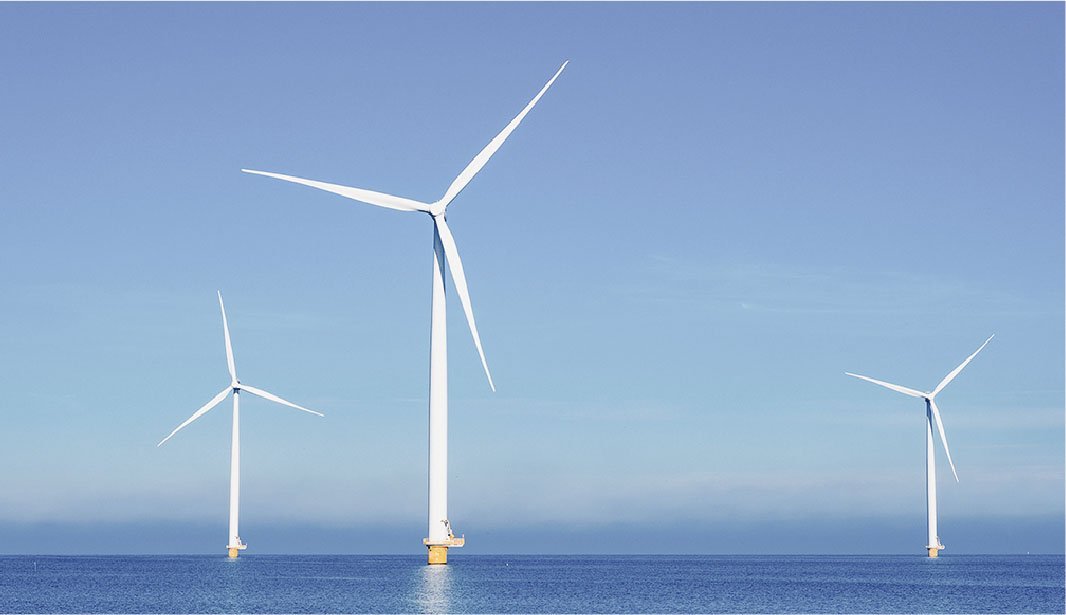
As demand for air conditioners and refrigerators increases due to global warming, we expect to see demand for base materials for refrigerating oils and polybutene for air conditioner putty. In addition, as offshore wind power generation gains momentum for development, particularly in Asia, there is a growing need for products that contribute to the environment, such as biodegradable lubricants made from raw materials derived from natural oils and fats and anti-corrosion coatings for bolts, to prevent marine pollution. Furthermore, as EVs become the norm, there are expectations for development of products with advanced functions, including anti-fog agents for LED headlamps and noise reduction agents in order to maintain a quiet car interior.
Contribute to Social Issues
Expectations for naturally-derived products in response to tighter environmental regulations
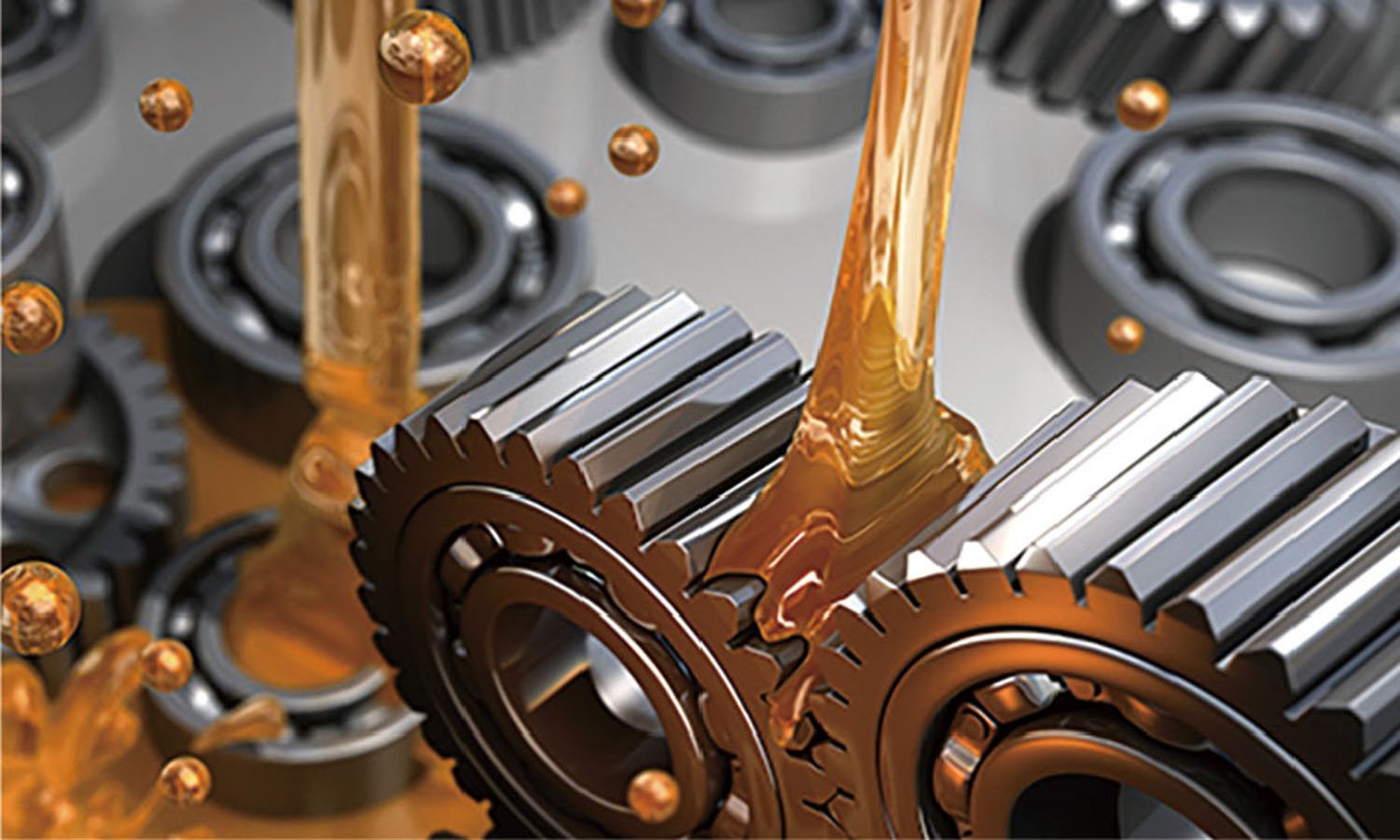
Unlike mineral oils, which do not decompose naturally, the materials used by NOF are biodegradable, naturally-derived oils and fats. Even if lubricants leak from rotating parts of machines, environmental pollution can be prevented, so demand for naturally-derived oils for ships and wind power generation is expected to increase in the future. The usage of products with functional materials is expected to increase due to growing demand for products such as polymer surfactants for condensers in response to the shift to EVs, and alternative CFC refrigerants caused by increased need for air conditioners due to global warming.
Differentiation through waterborne anti-corrosion coatings that reduce environmental impact
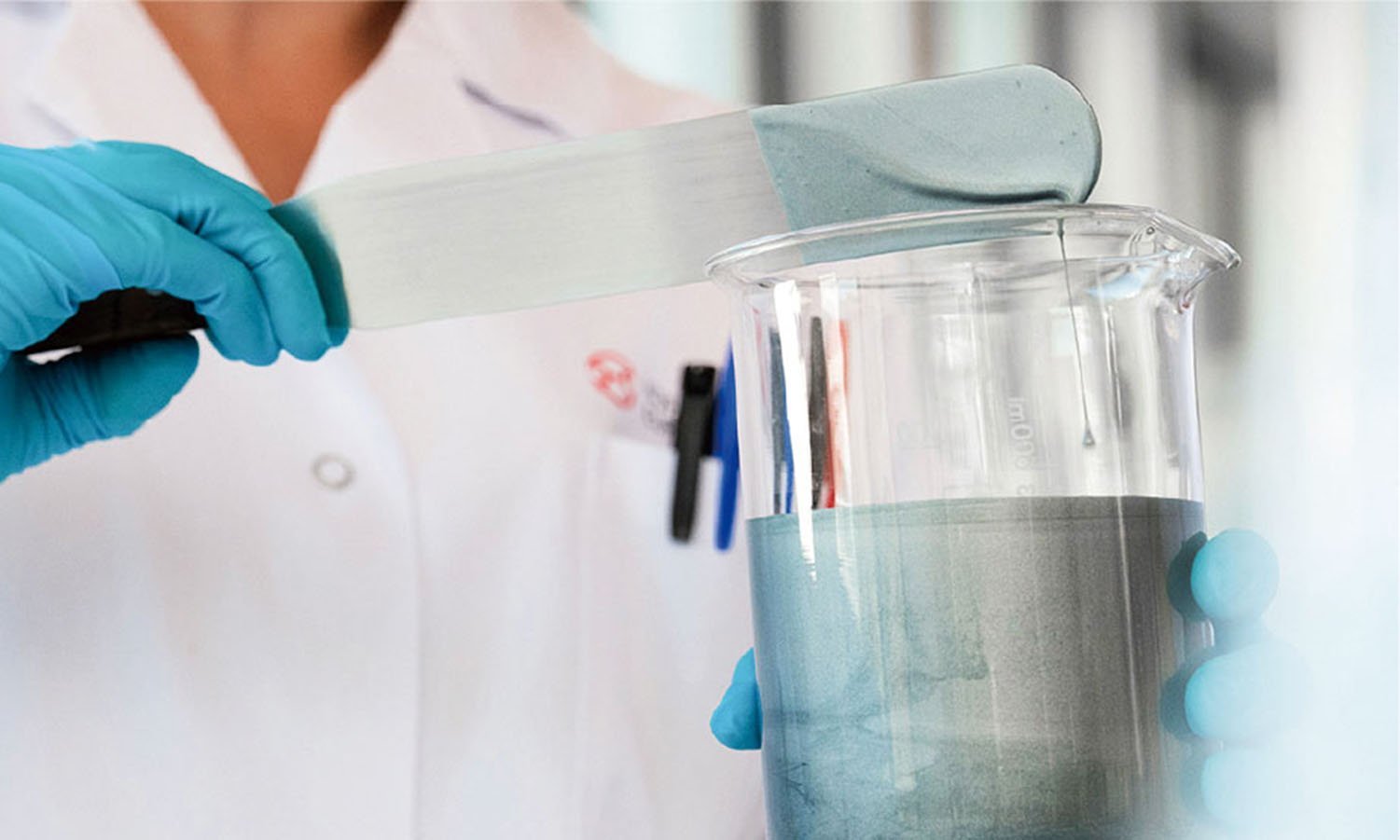
Unlike "solvent-based anti-corrosion coatings" offered by competitors in Europe and the United States, NOF's products are characterized by the fact that they are "waterborne anti-corrosion coatings.” As the need to reduce environmental impact increases, expectations for eco-friendly GEOMET® have been increasing.
Aiming to reduce energy consumption by lowering the temperature in the curing process
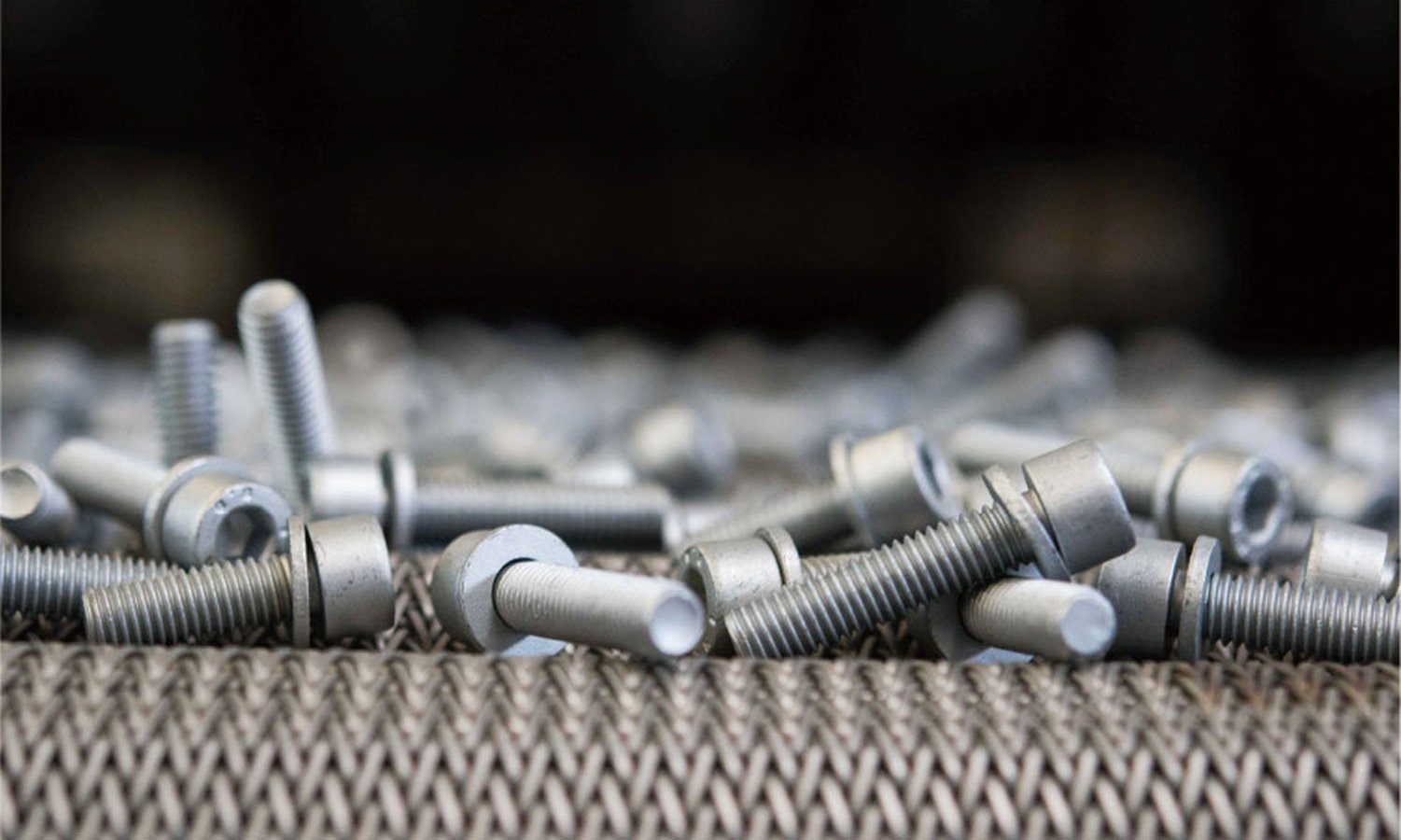
Because the use of anti-corrosion coatings requires a manufacturing process that involves curing at temperatures of 300°C or higher, we have been studying the development of low-temperature curing type products to reduce greenhouse gas emissions. By developing anti-corrosion coatings that can be cured at lower temperatures, we can reduce the energy consumption, such as electricity and gas, required for the process.
Preventing road surfaces from freezing and contributing to traffic safety Automatic liquid antifreezing agent spraying devices
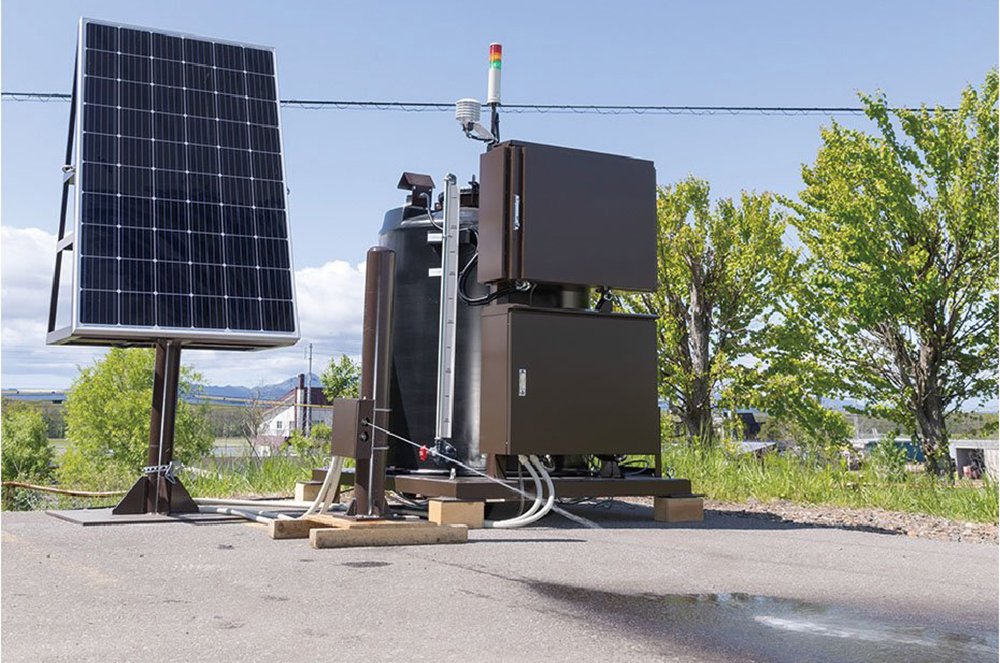
When automobiles drive on roads with snow and ice in winter, there is a danger of traffic accidents caused by tires slipping. Our competitors’ antifreezing agents are mostly chloride-based. However, the chlorine-free antifreezing agent KAMAGU® sold by Nippon Koki Co., Ltd. does not cause salt damage to structures such as metal or concrete, nor to the natural environment. In addition, the AUTOKAMAGU® automatic antifreezing agent spraying device is available in a version equipped with a solar panel that can be operated without electricity, thus contributing to energy saving.



